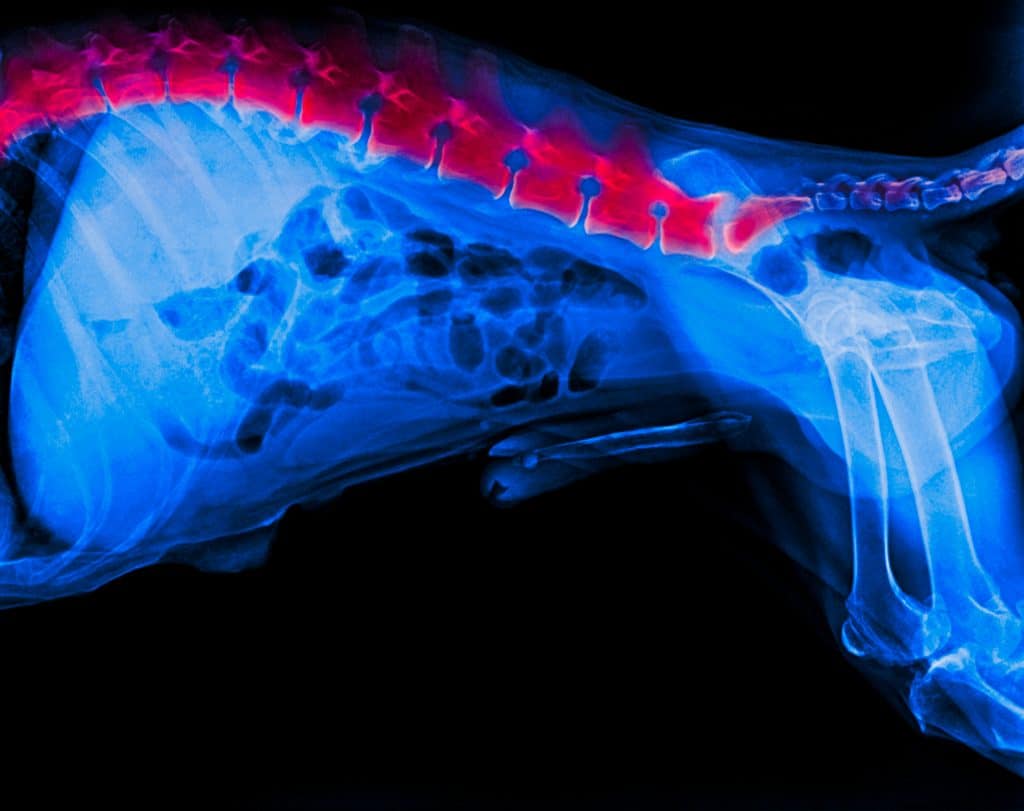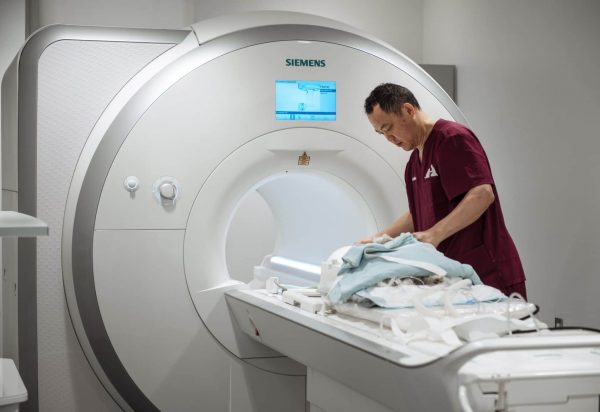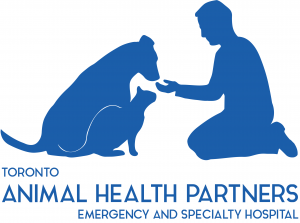COMMON NEUROLOGICAL PROBLEMS IN VETERINARY MEDICINE


The two most common problems a veterinary neurologist/neurosurgeon sees are seizures and back pain which can lead to an inability to walk. A neurologist not only has the tools to diagnose these problems (MRI) but also has the knowledge and ability to treat these problems. Your veterinarian may send you to a specialty hospital or you may need to seek emergency care if your pet experiences either of these problems when your veterinarian is closed”.
Seizures
Seizures most commonly are due to epilepsy where there are seizures without an identifiable underlying disease process. Other causes for seizures include brain diseases such as brain tumors, encephalitis or stroke. Low blood sugar or calcium and some intoxications can also cause seizures.
They commonly occur while sleeping and can involve violent paddling, excessive salivation, urination and defecation and loss of consciousness. Contrary to popular belief, dogs will not choke on their tongue and you should NEVER put your hand in their mouth to avoid being bit. After a seizure, patients are temporarily confused. It can help to soothe or gently restrain them to keep them safe but be cautious as occasionally in this ‘post ictal” phase, they may not recognize you and can sometimes behave aggressively.

Treatment usually involves daily medications (often 2 or 3 times a day) and carries drawbacks such as cost, side effects and the need to keep a rigid dosing schedule. As with anything, treatment shouldn’t be worse than the disease. If seizures are infrequent or mild (more than a few months between seizures) it may be best to monitor without medications. If seizures are more than every 2 months however, medications should be started. Medications are also recommended for when dogs have “cluster seizures”, meaning more than one in 24 hours.
Seizures sometimes require seeking emergency medical attention. If a dog has 3 or more seizures in 24 hours or any seizure lasting more than 5 minutes, emergency treatment should be sought.
Intervertebral Disk Disease (IVDD)
This is the most common cause of spinal cord dysfunction in dogs and occurs when the disk that lives between each of the vertebrae herniates or ruptures leading to compression of the spinal cord and interruption of the signals travelling between the brain and the limbs. A herniated disk can happen at any time and almost never is due to an injury or trauma, but rather happens in dogs with a genetic predisposition. The most common breeds are Dachshunds and French Bulldogs, but most small breed dogs and some large breed dogs can also develop disk herniations.

Symptoms can range from mild (back pain) to severe (complete paralysis). Sometimes symptoms are obvious (dragging the rear limbs) and other times less obvious (hunched back, reluctance to jump, reclusiveness or spontaneous yelping), Medical management with rest and pain medications can be effective in half the cases, whereas surgery is successful in 95% or more of the cases.
Diagnostic testing with MRI or CT is necessary to confirm the diagnosis and guide treatment decisions. Medical management can be reasonable when symptoms are mild but if a dog becomes uncoordinated or weak in the back legs or loses the ability to walk, immediate veterinary attention should be sought. Veterinary neurologists can assess patients to determine if further testing should be performed and then, if necessary, interpret the tests and perform surgery. Even paralyzed dogs have a good chance for recovery if treated in a timely manner.
About The Company
Animal Health Partners Toronto is a new veterinary emergency and specialty hospital modeled after best practices in human medicine. Lead by a team of highly qualified veterinary specialists, Animal Health Partners Toronto Emergency and Specialty Hospital is bringing the world’s best practices of private human healthcare to veterinarian care.

The technical proficiency and medical equipment at Animal Health Partners equals or exceeds that found in sophisticated human hospitals.
Animal Health Partners provides the highest-quality Veterinarian Services in Toronto. Our specialists combine their collective knowledge and skill in the treatment of complex or multifaceted cases. We serve as an extension of your family veterinarian and provide exceptional specialty care by treating our patients as if they were our own pets.
Our Core Values
Quality
At the root of all we do at Animal Health Partners is a commitment to the highest quality of veterinary care. This means that the diagnostic tests we run and the treatments we provide are informed by the best available scientific evidence and implemented by the most highly qualified veterinarians and staff.
Compassion
We understand that the experience of illness and injury can be painful and scary for pets and their owners. We strive to reduce discomfort as much as possible using gentle handling techniques, appropriate pain-management, stress-reducing design features, non-invasive interventions and a continuous emphasis on empathic patient-centered care.
Service
Intrinsic to our goal of providing the highest quality of medicine is providing efficient, courteous, attentive and responsive service to the owners and referring veterinarians that have entrusted us with the care of their pets and patients.
Innovation
Medicine is rapidly evolving. Our technologically advanced institution is equipped to employ and pioneer the most cutting-edge diagnostic and treatment modalities available in veterinary medicine with the goal of improving the quality of care for all patients.
Partnership
High-quality care and optimal patient outcomes rely not on any one individual but on the strength of the connections between many. Ensuring the best possible outcomes for our patients means creating solid partnerships with their owners and referring veterinarians. It also means establishing relationships more broadly with the community, the human medical field and with industry.
